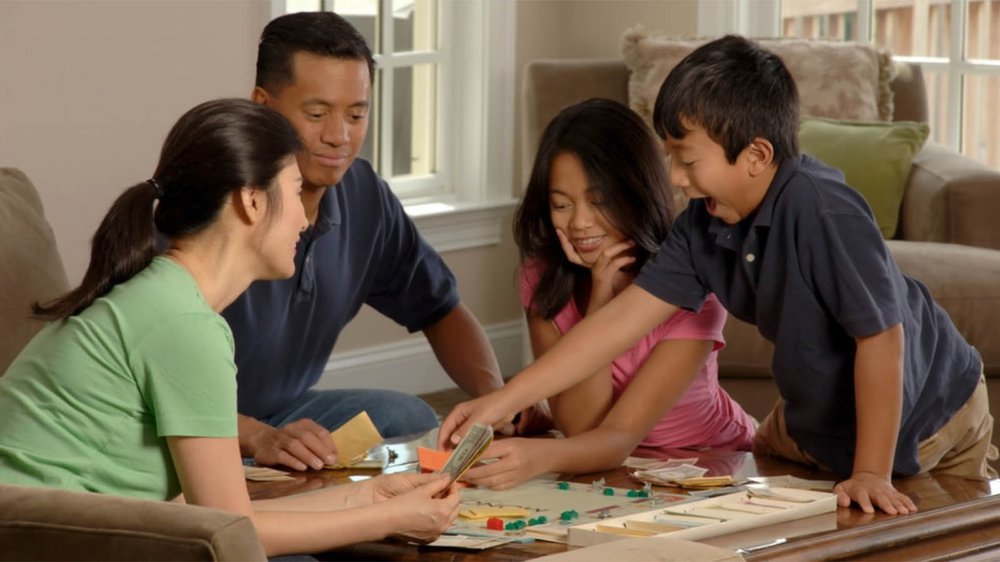Like all of us, over the past few weeks I have been monitoring the CoVid-19 pandemic and making adjustments to my daily routine for both work and home. What I’ve noticed in these first few days we have been encouraged to stay at home is that although we might not be at schools, events, restaurants, or stores, except to hunt for toilet paper, we are all online.
In a recent article I posed the question: What if we stopped fighting technology? Now just a few weeks later, millions of students across the country and around the globe are at home with 24/7 access to their devices. For me, this raises different questions.
As a mom of three children, all of whom are nearly grown, I have had many years of hearing myself say, “It’s time to put your phone away” or “We do not use phones at the dinner table”. I don’t believe in a steady diet of screens, neither do the Silicon Valley parents who create the apps. However, what I’m asking myself is this: Now that screens have become imperative for at-home learning, will they become less of an issue? In other words, now that students are forced to use screens to keep up with classwork will they have an increased desire for time away from screens? Or is there appetite for screens driven by the content they consume?
Secondly, how will forced social distancing impact children’s need for social interaction? I know from my own kids’ experience that sometimes they just needed time to be alone after school because being around people all day was draining. But… what happens when they have limited or no time with peers? Will they be open to digging in more deeply with relationships with siblings and parents? Will screens take a backseat to face-to-face time?
Again, I am an advocate for screens for kids. Tech is part of all we do from grocery shopping to work to banking to healthcare and much more. However, I believe that our current stay-at-home challenge provides an opportunity for us to flip the script. Instead of being slaves to technology, we can use technology in service to our needs…our needs for work and learning in proper balance with our need for human relationships.
Yes, these days are inconvenient, frustrating, and scary, but what if we flip the script and see it as a time for recalibration. Just as we’ve stopped the busyness, let us stop the complaining. What can we teach our children about heart-to-heart connection?
Here are a few tips:
- Create a daily schedule that includes time for study and play, especially outside.
- Eat dinner together. Conversation around the table is a powerful tool for building relationships and increasing resilience.
- Read stories. Travel together to distant lands through the pages of a book.
- Play board games. The give & take that occurs during a board game strengthens communication and SEL skills.
- Keep a sense of humor. Focus on connection, not perfection.
For more ideas for meaningful and fun activities while your children are at home this Spring, check out our Love In A Big World Group. Share your suggestions. We’d love to hear from you.
About the author

Tamara Fyke is an educator and creative entrepreneur with a passion for kids, families, and urban communities.She is the creator, author, and brand manager for Love In A Big World, which equips K-8 educators with a social-emotional learning (SEL) curriculum that is both research-based and practical, and also provides the supporting resources necessary to empower students to be socially competent, emotionally healthy problem-solvers who discover and maintain a sense of purpose and make a positive difference in the world.
Tamara is editor of Building People: Social & Emotional Learning for Kids, Schools & Communities, a book that brings 12 wide-ranging perspectives on SEL to educators, parents, and leaders. Follow her on Twitter .











